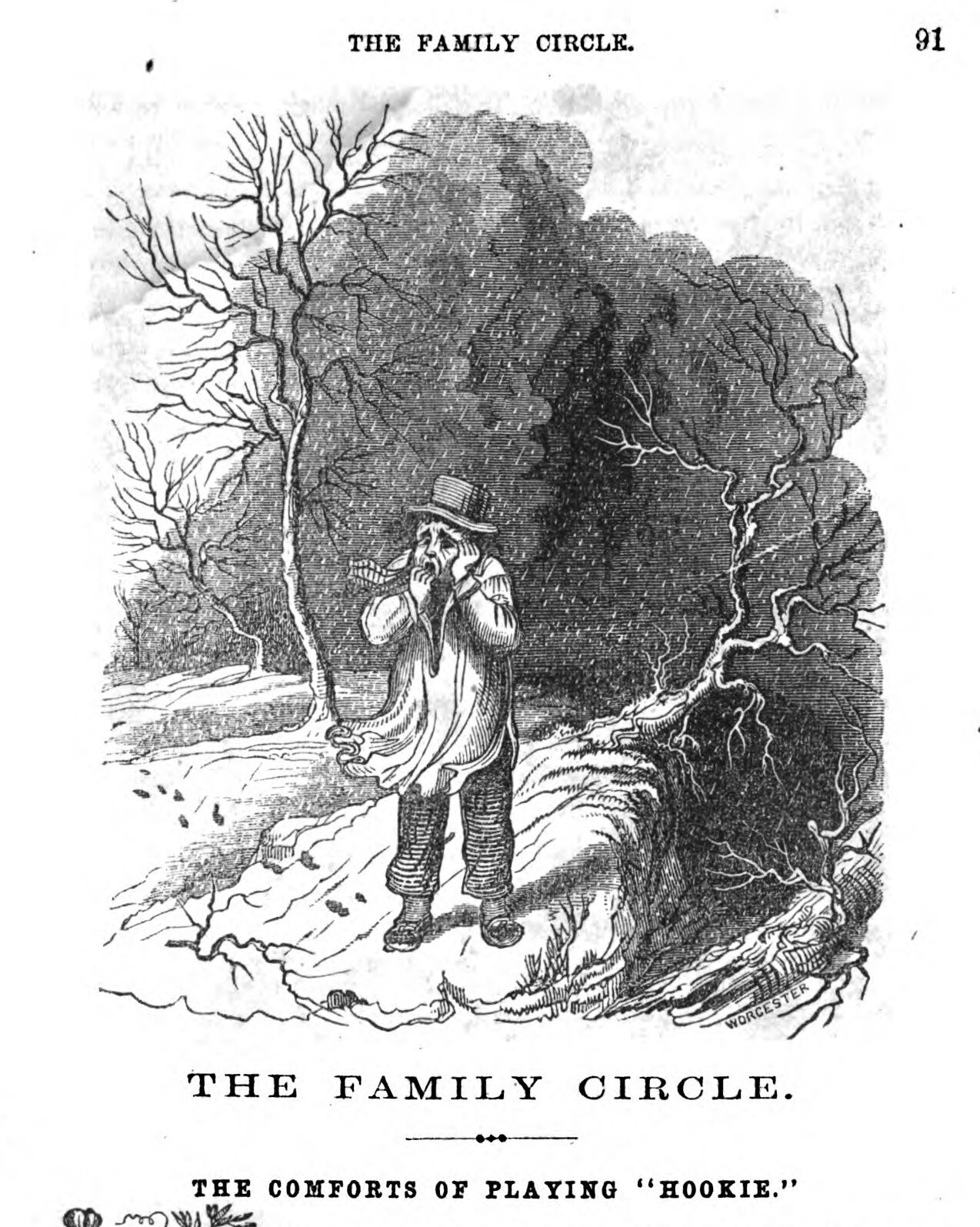19 January 2021
The word republic has a straightforward origin. It is a borrowing from both the Middle French republique and the Latin respublica. The Latin word literally means public (publica) matters (res), but it was used in antiquity to refer to the state, any state that was not tyrannical or despotic, and sometimes particularly to the Roman state that existed prior to the dictatorship of Julius Caesar. In post-classical use it was used to refer to the Byzantine Empire and the Papal State, and eventually to any political entity that had an elected, non-hereditary ruler.
The word’s first appearance in an English text appears to be in John Lydgate’s A Lytell Treatyse of the Horse, the Sheep, and the Ghoos, which was composed 1436–37. The poem tells a fable of a horse, a sheep, and a goose who debate which of them is more useful to humanity. Lydgate’s use of the word is instructive as he uses the Latin ablative form as opposed to an English inflection, indicating that the word was not yet fully Anglicized:
Eche for his partye proudely gan procede
To force hym selfe by recorde of scrypture
By phylosophers as clerkes seen and rede
The prerogatyues / gyuen hem by nature
Whiche of these thre / to euery creature
In republyca / auayleth moost a man(Each, for his part, proudly endeavored to explain, according to the record of scripture and philosophers seen and read by students, the prerogatives given him by nature as to which of these three, of every creature in the republic, is most useful to man.)
Lydgate is using republic in the sense of community or commonwealth, rather than a political entity or state. The same sense appears a century later, only this time fully Anglicized, in John Hooper’s 1549 Declaration of the Ten Holy Commaundmentes:
We shuld none othere wyce loue the superiore powres of the erthe and be affeccionatyd vnto them then vnto oure naturall parentes and obey the[m] in all thinges that is consonant or not agaynst the lawe of god like wyce the superiour poures shuld be none other wyce affectio[n] with loue towardes there subiectes the[n] the father is against the sonne. Consider the worke and ordinance of God in this superiorite and dominion that preseruithe the godd / punishithe the ile / auau[n]sithe vertew / and oppressithe vice / to the preseruatio[n] a[n]d wealthe of the Republick.
(We should on no other terms love the superior powers of the earth, be affectionate unto them than unto our natural parents, and obey them in all things that are consonant and not against the law of God, likewise the superior powers should in no other terms have affection with love towards their subject than the father is to the son. Consider the work and ordinance of God in the superiority and dominion that preserves the good, punishes the ill, advances virtue, and oppresses vice to the preservation and wealth of the republic.)
The sense of a political state ruled by elected leaders is in place by the end of the sixteenth century, and in early use was often used to refer to the governments of the Italian city-states. A 1596 letter from Venice to King James VI of Scotland has this:
It salbe onto ovsse most dessyrrous and villing all the gud lovks of his maieftie inkressmg in gretnes. And ve sall not fell in ovr pairts for to schav all favorable correspondance, as his maiestie sall find in freindschap and amittie to his hines being so veill lykitt of be ovsse, acording to the institutioun and form of this our Repoblik.
(It shall be unto us most desirous and willing all the good intentions of his majesty increasing in greatness. And you shall not fail in our parts to have only favorable correspondence, as his majesty shall find in friendship and amity to his highness being so well liked by us, according to the institution and form of this our republic.)
In the late eighteenth century, republic was applied to the United States and the governments of revolutionary France. The U.S. Constitution does not refer to the U.S. government as a republic, but Article IV.4 uses the adjectival form:
The United States shall guarantee to every State in this Union a Republican Form of Government.
And since the twentieth century, republic has often been used in the titles of dictatorial states that are anything but. (Cf. banana republic )
See also democracy.
Sources:
Hooper, John. A Declaration of the Ten Holy Commaundmentes of Allmygthye God. Zurich: Augusin Fries, 1549, 129–130. Early English Books Online (EEBO).
Lydgate, John. A Lytell Treatyse of the Horse, the Sheep, and the Ghoos. London: Wynkyn de Worde, 1495, sig. a.ii v. Early English Books Online (EEBO). London, British Library, Lansdowne 699.
Maidment, James. Letters and State Papers During the Reign of King James the Sixth. Edinburgh: 1839, 12. HathiTrust Digital Archive.
Nolan, Maura. John Lydgate and the Making of Public Culture. Cambridge: Cambridge UP, 2005, 254n73. Cambridge Core All Books.
Oxford English Dictionary, third edition, December 2009, s.v. republic, n.
Photo credit: Anonymous, 2 August 2013, licensed under a Creative Commons Attribution-Share Alike 2.5 Generic license.





